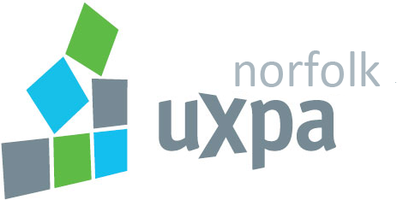
Glossary By C. David Gammel, CAE
ASSOCIATIONS NOW, January 2006
Newsreader
...programs or services that allow you to subscribe to RSS feeds and track the updates to many sites through a single screen. A newsreader allows you to follow dozens of sites in the time it would take you to manually browse to just a handful. There is newsreader software for your desktop as well as numerous hosted services on the Web. Most are FREE!
RSS
...stands for Really Simple Syndication. It is a technical standard for providing the most recent headlines from a Web site as an XML document, which is then readable by other programs and services. RSS was popularized with blogging, since most weblogs provide an RSS feed of their entries so that others may easily track new updates without having to visit the site. Users track sites with RSS feeds subscribing to the feed with newsreader software. RSS is also used to provide feeds for podcasts.
Podcast
...basically an audio weblog in which the content is provided as recorded audio files rather than text. The most common way of listening to podcasts is to download the audio files onto a personal MP3 player (such as the ubiquitous iPod) and listen to them on the go. Podcasting has often been described as do-it-yourself Internet radio shows except that listeners can download them whenever they wish rather than having to be tuned in at a particular moment in time.
Weblog (or blog)
...a Web site that displays a reverse chronological listing of short text entries added by a single or small group of authors. The writing is typically informal and from the personal perspective of the author. They are often more provocative than traditional publications and can have readerships ranging from single digits to tens of thousands.
Wiki
...a Web site that can be edited by anyone. Wikis provide an easy way to rapidly develop a body of Web-based content without having to learn a complex content management system or develop specific procedures for authoring. The most prominent example is Wikipeida (http://www.wikipedia.org/), an online encyclopedia in which the entries all are collaboratively developed by self-organizing volunteers. A central body manages the infrastructure of the service but otherwise provides no central coordination for authoring and editing entries. Small groups that are working together on a common theme or idea also use wikis to collaboratively develop a Web site. Within companies, wikis can be used for project management and writing documentation.
Sites of interest:
BlogHer Conference
Self-organized conference for women bloggers.
http://www.blogher.org/
deli.ico.us
Social bookmark service.
http://deli.ico.us/
Flickr
Social photo sharing services.
http://www.flickr.com/
Pragmatic Programmers
Technical book publishers who pioneered the idea of issuing beta books during the authoring process.
http://www.pragmaticprogrammers.com/
Wikipedia
Free, user-edited encyclopedia.
http://www.wikipedia.org/
Saturday, January 28, 2006
Terms you need to know to converse in Web 2.0 language
Subscribe to:
Post Comments (Atom)





















No comments:
Post a Comment